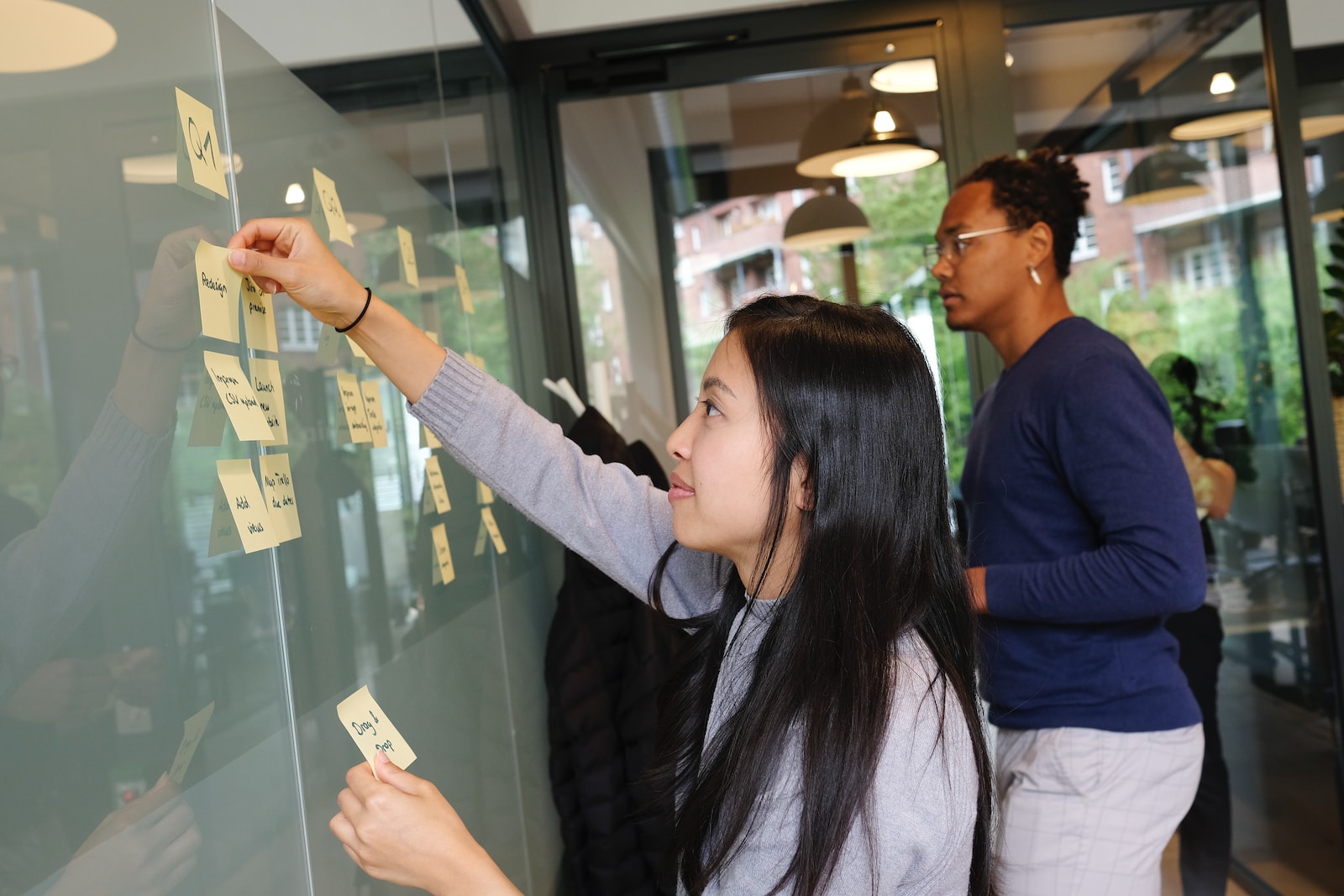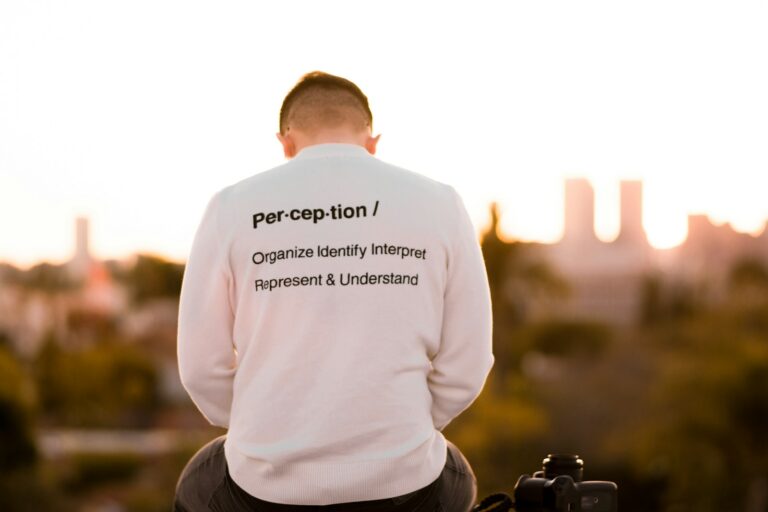Learn how to navigate differences in dating expectations and relationship timelines with effective communication and compromise. Expert advice included.
Mismatched Timing: Navigating Differences in Relationship Timelines and Dating Expectations
The Frustration of Unrealized Expectations
When it comes to relationships, we all have our own expectations – from the pace at which things move to the level of commitment we expect from our partner. However, differences in relationship timelines and dating expectations can cause confusion, frustration, and even heartache. It’s not uncommon for one partner to feel like they’re moving too fast or too slow while their counterpart feels the opposite.
These differences can often lead to misunderstandings and conflict. Perhaps you’re dating someone who is not ready for a committed relationship while you are looking for something more serious.
Maybe you’ve been going out with someone for several months now, but they aren’t interested in introducing you to their family or friends. Or it could be that your partner has expressed a desire to move in together or get engaged, but those milestones don’t feel right for you just yet.
Regardless of the specifics, differences in relationship timelines and dating expectations can be challenging at best and dealbreakers at worst. That’s why it’s important to address these issues early on before they become insurmountable obstacles.
Why Addressing Differences is Important
It may be tempting to sweep these differences under the rug or hope that things will change over time. But ignoring these issues can lead to resentment and frustration on both sides of the equation – ultimately jeopardizing the relationship as a whole.
By addressing differences in relationship timelines and dating expectations head-on, you give yourself and your partner an opportunity to communicate openly about your needs, desires, fears, and boundaries. This communication allows couples to find common ground while respecting each other’s individual perspectives.
In fact, navigating such challenges together can even strengthen a relationship by building trust, intimacy, and understanding between partners who might otherwise never have had these conversations. So instead of avoiding difficult topics out of fear or discomfort, try embracing them as opportunities for growth and deeper connection.
Understanding Relationship Timelines
Different Stages of a Relationship Timeline
Every relationship is unique and has its own timeline, but there are generally recognized stages that most relationships go through. These stages can include the first date, exclusive dating, moving in together, engagement and marriage.
Each stage has its own set of expectations and responsibilities, and it’s important to recognize where you’re at in your relationship timeline. The first date is often the most exciting stage of a relationship as it’s full of new experiences and possibilities.
It’s important to remember that this is just the beginning though and not to get too ahead of yourself. Jumping from one stage to the next too quickly could cause unnecessary pressure on both parties involved.
Exclusive dating typically means that you’ve decided to be committed to each other exclusively, but aren’t necessarily living together yet or making any long-term plans. This can be an enjoyable phase as you get to know each other more deeply.
Moving in together is often considered one of the most significant milestones in a relationship timeline. It shows a level of commitment and can be an exciting time for couples who are ready for more shared responsibility.
Engagement marks when two people have decided they want to spend their lives together officially. However, everyone’s engagement period looks different depending on factors like budget or cultural background.
Factors That Influence The Pace Of A Relationship
There are many factors that influence how fast or slow your relationship progresses through these stages such as personal values, past experiences and cultural background Personal values play a big role in how fast or slow your relationship moves forward because they dictate what you consider important in life. Someone with conservative values may prefer traditional gender roles which might include waiting until marriage before moving in together while someone with liberal views may not see the need for such restrictions.
Past experiences also play a role; someone who has been in a long-term relationship previously may take things slower than someone who has never been in a serious relationship before. Cultural background also influences the pace of a relationship.
For example, cultures that have arranged marriages tend to move more quickly towards engagement and marriage than those that don’t. It’s important to recognize these differences so you can understand your partner’s perspective.
The Importance of Communication in Establishing a Shared Timeline
Communication is key when it comes to establishing a shared timeline for your relationship. This means having open and honest conversations about where you both see the relationship going and what your expectations are.
It’s important not to make assumptions or jump to conclusions without discussing things with your partner first. You don’t want misunderstandings or unspoken expectations causing problems down the line.
If one person wants to take things slow while the other is ready for the next stage, it’s important to come together and find common ground. Establishing a timeline that works for both people involved will make sure everyone feels comfortable with how fast or slow the relationship is progressing.
Understanding relationship timelines is crucial if you want your relationship to progress successfully. Recognizing different stages and factors influencing their pace will help you navigate through them with ease while prioritizing good communication ensures that both parties feel heard during every step of this process.
Navigating Dating Expectations
What Are Common Dating Expectations?
When it comes to dating, everyone has different expectations. Some people expect to be texted every day, while others are content with a few messages per week. Some people want to make the relationship official after a few dates, while others prefer to take things slow.
Communication is key when it comes to navigating these differences in expectations. One common expectation is the level of commitment in the relationship.
Some people want to be exclusive from the start, while others prefer an open relationship. Another expectation is the frequency of communication.
While some people like to talk or text every day, others might only have time for a quick message here and there. It’s important to remember that there’s no right or wrong answer when it comes to dating expectations – it’s all about finding what works for you and your partner.
How To Communicate Your Own Expectations Effectively
Communicating your own expectations effectively can be tricky – after all, you don’t want to come across as demanding or needy. The key is to be honest and clear about what you want out of the relationship. Start by setting aside some time for an open and honest conversation with your partner.
Make sure you’re both in a relaxed and comfortable setting where you won’t be interrupted. Then, calmly express your feelings and desires without getting defensive or accusatory.
Be specific about what you’re looking for in terms of commitment, communication, and other factors that are important to you in a relationship. Also be prepared to listen actively as your partner expresses their own needs and wants.
Compromising on Differences in Expectations
In any healthy relationship, compromise is key – this includes compromising on differences in dating expectations. If you find that you and your partner have conflicting desires when it comes to things like commitment or communication, it’s important to work through these differences together.
Start by identifying areas where you can compromise without sacrificing your own needs. For example, if your partner wants to take things slow while you’re ready for a committed relationship, you could agree to be exclusive but not rush into anything more serious right away.
It’s also important to maintain open and honest communication throughout this process. Regular check-ins can help ensure that both partners are happy with the direction of the relationship and that any differences in expectations are being addressed in a healthy way.
Dealing with Differences
Recognizing when there are differences
Relationships can be complicated, and it’s important to recognize when you and your partner have different ideas about the timeline of your relationship or expectations of each other. One sign that there may be differences is if one person seems to be moving too fast or too slow for the other. For example, if one partner is talking about spending every weekend together after only a few dates, while the other is not ready for that level of commitment yet, then there may be a difference in expectations.
Another way to recognize differences is through communication styles. If one person likes to talk things out and address issues head-on, while the other prefers to avoid conflict and sweep issues under the rug, this can create issues down the line.
How to approach conversations about differences
Approaching conversations about differences can be tricky because it’s easy for emotions to get involved. One approach is to start by expressing how you feel instead of pointing fingers or placing blame. Use “I” statements such as “I feel like we have different expectations about our relationship” instead of “You are moving too fast”.
It’s also important to actively listen to your partner’s perspective without interrupting or dismissing their feelings. Try to understand where they’re coming from and why they have certain expectations or desires.
Establish clear boundaries and ground rules for these conversations. For example, agree on a time when you both can talk without distractions such as phones or TV shows.
Finding common ground and solutions
Once you’ve identified the differences and had an open conversation with your partner, the next step is finding common ground that works for both parties. This could mean compromising on certain expectations or developing a timeline that works for everyone.
It’s important not to force someone into something they’re uncomfortable with but to find a solution that both parties feel comfortable with. For example, if one partner is not ready for exclusivity, while the other is, you could agree to continue dating but without exclusivity until the other person feels ready.
Ultimately, dealing with differences in relationship timelines and dating expectations requires open communication, empathy, and willingness to compromise. By recognizing and addressing these differences early on in the relationship, you can create a stronger foundation for future growth and mutual understanding.
Conclusion
Recap on Importance of Understanding and Addressing Differences in Relationship Timelines and Dating Expectations
Relationships can be complicated, but one of the biggest challenges is navigating differences in relationship timelines and dating expectations. It’s important to keep in mind that everyone has their own pace when it comes to relationships. Some people move quickly, while others take things slow.
However, just because two people have different timelines or expectations doesn’t mean that the relationship can’t work. Understanding each other’s timelines and expectations is crucial to a successful relationship.
It allows for open communication, a willingness to compromise, and finding common ground. By acknowledging these differences early on in the relationship, you can work together to create a shared timeline that works for both of you.
Encouragement to Have Open Communication and Compromise
When it comes to dealing with differences in relationship timelines and dating expectations, open communication is key. If there’s something bothering you or if you’re not on the same page as your partner, it’s important to bring it up respectfully and honestly.
This allows both parties to understand where the other is coming from and find ways to compromise. Remember that compromise doesn’t mean sacrificing your needs or values entirely for someone else; rather, it means finding a middle ground where both parties feel comfortable.
By being willing to negotiate with each other and being open about what you need from the relationship, you can build a strong foundation of trust and respect. Navigating differences in relationship timelines and dating expectations may seem daunting at first but with an open mind, honest communication, patience, understanding of each other’s needs & values there’s nothing stopping anyone from building long-lasting relationships filled with love & joy!






